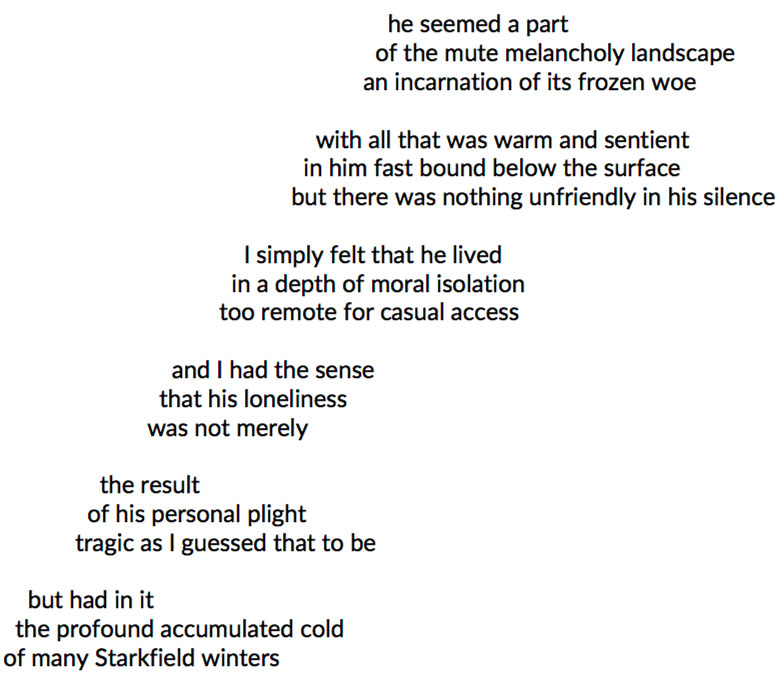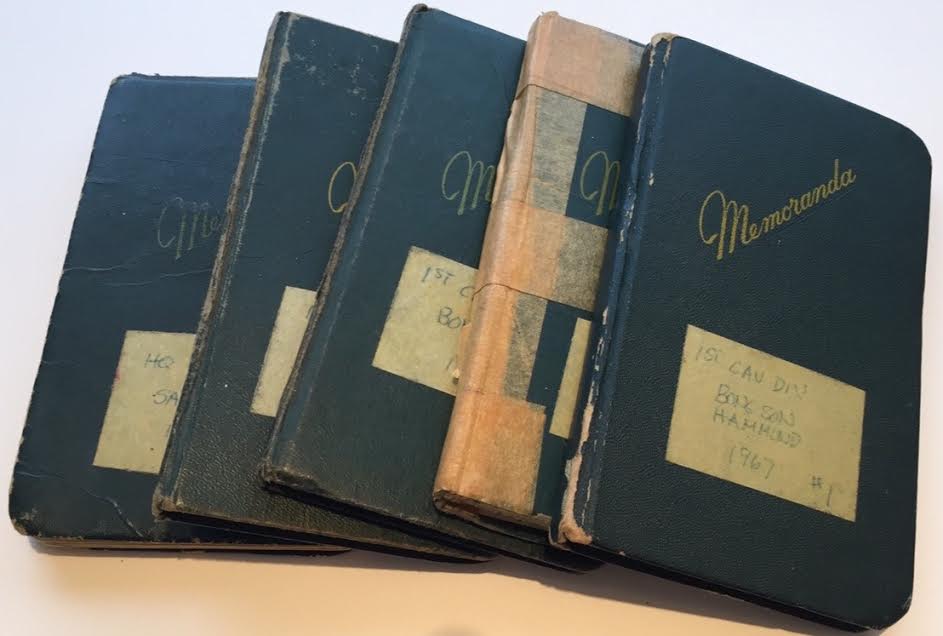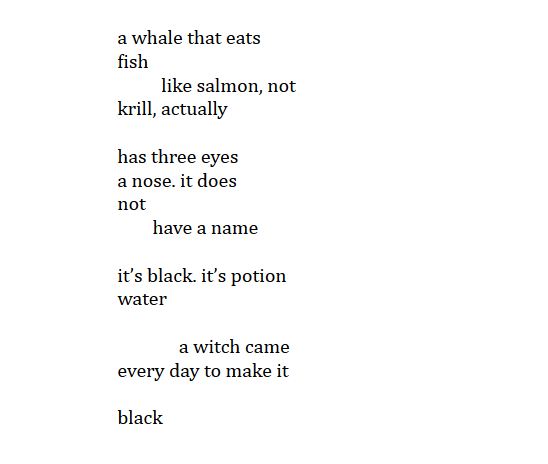People
don’t have different pasts.
We’re all homeless
(a particular set of circumstances).
“I’m here to make friends.”
I could hold my own there.
It wasn’t lost on me.
I’m still not sure how it started.
Source: The Girls Guide to Homelessness: A Memoir by Brianna Karp, page 122
Method: I was in the middle of a long stretch of writer’s block. To get out of the doldrums, I began attempting to write in various places around town – just in the hopes that a change of scenery would make the muse curious enough to come near me again. I tried coffee shops, restaurants, various public and private spaces. While at the public library struggling with the blank page in front of me, I began to scan the stacks for the words of others. I had read quite a bit of erasure poetry but had never tried my hand at it. I picked out a couple of books somewhat randomly from nearby my table and quickly took to disassembling them. Most of those first day attempts were bad – really bad. But this one came quite smoothly (and nearly whole in its first pass, surprisingly enough). Happily, working my way through revising this piece broke open a few lines of my own for the first time in a long time as well.
C.C. Russell lives in Wyoming with his wife and daughter. His writing has appeared in such places as Wyvern Lit, Rattle, Word Riot, The Cimarron Review, and The Colorado Review. He has also lived in New York and Ohio.


